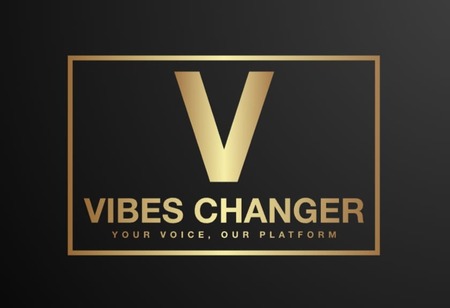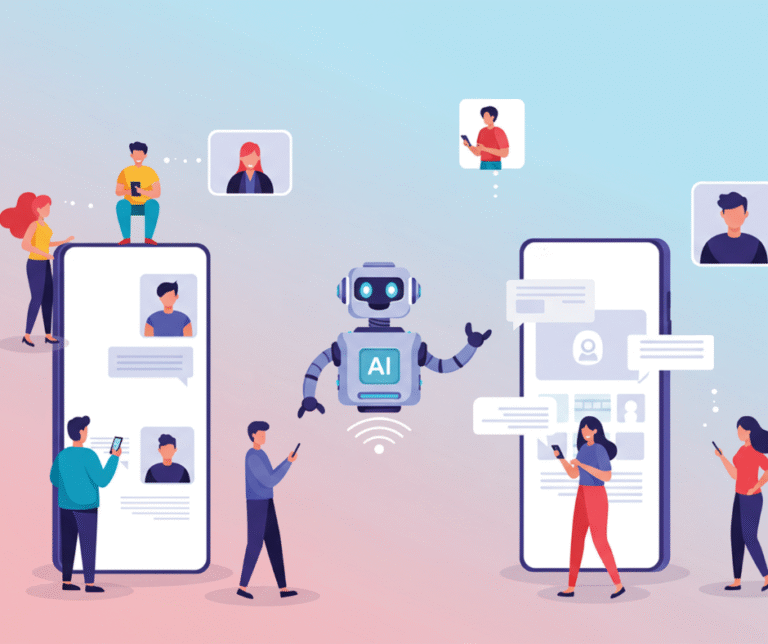ArtificialIntelligence (AI) is no longer a concept confined to science fiction. It has seamlessly integrated into our daily lives—powering everything from the recommendations we see on streaming platforms to the virtual assistants we speak to on our phones. But what exactly is AI, and why is it such a game-changer in today’s world?
What is Artificial Intelligence?
At its core, Artificial Intelligence refers to the simulation of human intelligence in machines that are programmed to think, learn, and adapt. These systems can perform tasks that typically require human intelligence, such as problem-solving, language understanding, pattern recognition, and decision-making.
There are two primary types of AI:
-
Narrow AI: This is AI designed to handle a specific task, like voice recognition or image analysis. It’s the most common form of AI today.
-
General AI: Still in development, this would involve machines with the ability to perform any intellectual task a human can do—something we haven’t yet achieved.
How AI is Changing the World
AI is not just a technological innovation—it’s a transformative force. Here’s how it’s reshaping industries:
1. Healthcare
AI is helping doctors diagnose diseases earlier and more accurately. Machine learning algorithms can analyze medical images, detect anomalies, and even assist in robotic surgeries. AI-driven tools are also aiding in drug discovery and personalized treatment plans.
2. Business and Finance
In the corporate world, AI automates repetitive tasks, enhances customer service through chatbots, and provides deep insights through data analytics. In finance, AI algorithms assist in fraud detection, risk management, and automated trading.
3. Education
AI is personalizing learning experiences by adapting content to the needs of individual students. Intelligent tutoring systems and AI-based grading tools are helping educators focus more on teaching than on administrative work.
4. Transportation
Self-driving cars, powered by AI, are being tested worldwide. AI also helps optimize traffic flow, improve logistics, and reduce fuel consumption through smarter route planning.
Challenges and Ethical Considerations
While the benefits are substantial, AI also raises important questions. Issues such as job displacement, algorithmic bias, data privacy, and the potential misuse of AI technologies need careful regulation and ethical oversight.
There’s an ongoing debate about how to ensure AI is used responsibly. It’s crucial that developers, policymakers, and society work together to build transparent, fair, and accountable systems.
Looking Ahead
AI is still evolving. As it becomes more sophisticated, its impact on the global economy, human interaction, and even creativity will deepen. Embracing this technology requires not just innovation, but also responsibility.
To thrive in an AI-driven world, we must invest in education, rethink our ethical frameworks, and ensure the technology works for everyone—not just a select few.
Conclusion
Artificial Intelligence is not just a technological trend—it’s a revolution that’s reshaping the world around us. By understanding its capabilities and limitations, we can better prepare for a future where humans and intelligent machines work side by side to solve complex challenges and improve lives.
#ArtificialIntelligence
#AI
#MachineLearning
#DeepLearning
#TechInnovation
#VibesChanger
#BuzzCreatorsDigitalMedia

